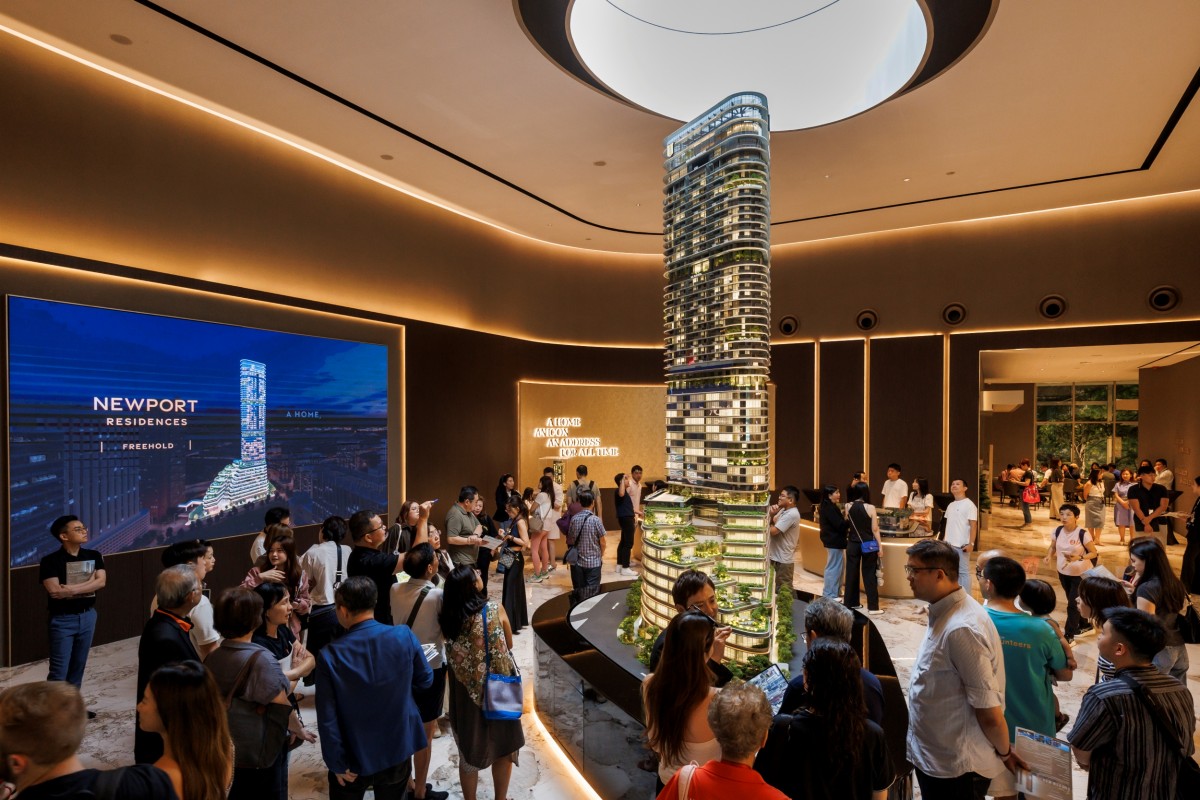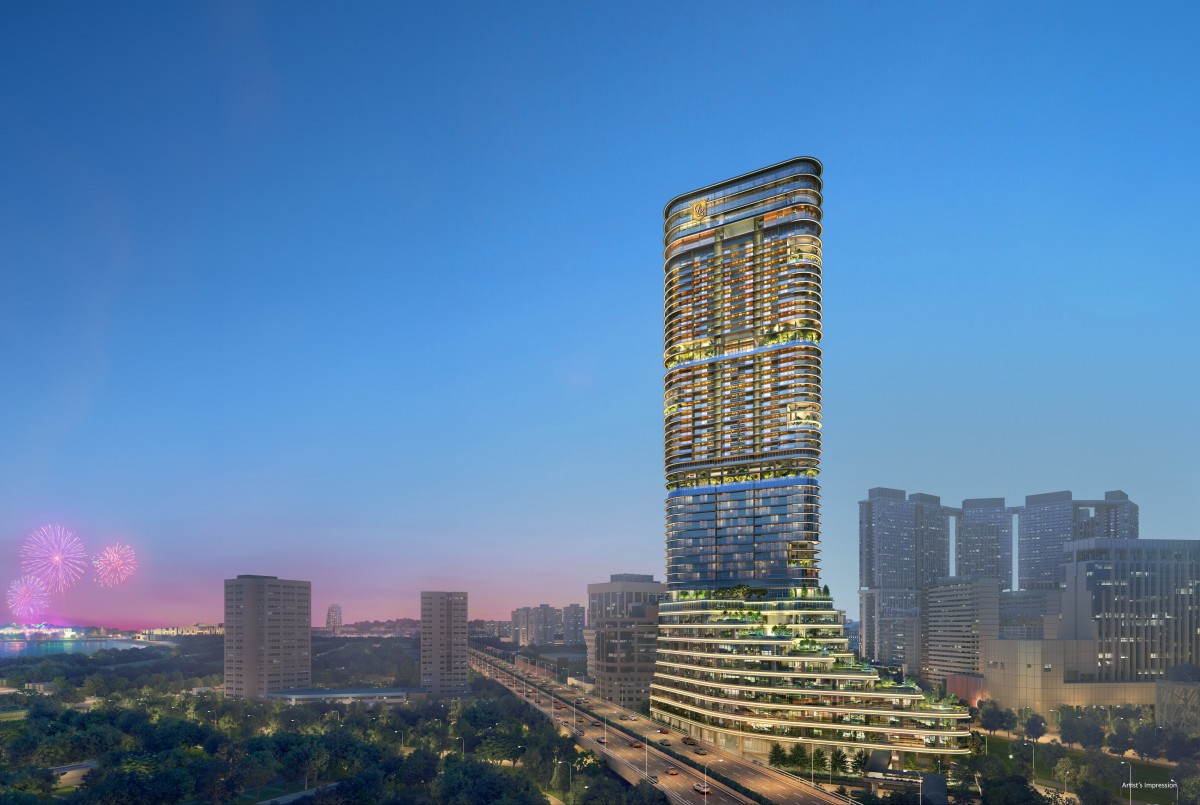See also: PropNex soars, capturing greater market share amid challenging real estate climate
See also: Shaping the future of sustainable mobility
S68 would step down as a member after close to three years, with CDL’s An taking its place.
An says: “TNFD and the recently launched sustainability standards by the International Sustainability Standards Board (ISSB) complements CDL’s sustainability reporting framework built up since 2008. The framework is anchored on two pillars: financial value and impact on the environment and people.”
Nature-positive capital
CDL marked another first in June this year with a $400 million sustainability-linked loan (SLL) from DBS Bank. The SLL comes with nature conservation targets aligned with the TNFD recommendations.
SLLs are loans that are structured to allow customers to pay variable interest depending on their achievement of pre-agreed sustainability performance targets (SPTs), validated by an independent verification party. If CDL achieves certain SPTs by a pre-agreed deadline, the developer should enjoy lower interest on its loan.
The SLL is marketed as the first of its kind globally as it incorporates SPTs related to “biodiversity conservation and waste management”. According to the June 25 announcement, the proceeds will be used for general corporate funding and working capital purposes, including the redevelopment of CDL’s existing assets.
The loan has a five-year term, and all SPTs are assessed annually at the end of each financial year. Unlike green loans, which restrict borrowers to using proceeds for a particular green project, SLLs are agnostic. This is why CDL can use the proceeds for its own purposes.









 CREDIT CITY DEVELOPMENTS LIMITED.jpg)
